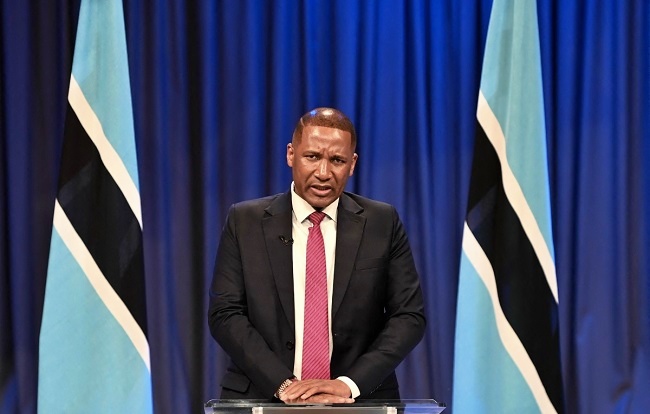The Botswana government has unveiled a five-year, 388-billion-pula (about $27 billion) plan to guide the country’s economic transformation and deepen diversification through 2030. Known as the 12th National Development Plan (NDP 12), the framework will serve as the basis for successive budgets.
According to details reported by Bloomberg, the plan aims to “guide the transformation” of Botswana’s economy and accelerate its diversification. It prioritizes infrastructure investment in transport, housing, and water—key drivers of growth and employment. Funding will come from public-private partnerships, community contributions, and institutional investors. About 287 billion pulas are earmarked for new projects, with the remainder for ongoing programs.
The plan comes at a challenging time for Botswana’s economy. In a September report, the International Monetary Fund (IMF) projected a 1 % contraction in 2025 after a 3 % slowdown in 2024, driven mainly by weaker performance in the diamond sector.
As the world’s second-largest producer of rough diamonds, Botswana faces falling global demand and rising competition from synthetic stones. S&P Global Ratings recently downgraded the country’s sovereign rating from BBB+ to BBB with a negative outlook, citing declining mining revenues, fiscal deterioration, and eroding foreign reserves.
President Duma Boko, who took office earlier this year, has placed diversification at the center of his agenda. In June 2025, he launched the Botswana Economic Transformation Program (BETP) to promote services, regional finance, and inclusive growth. Three months later, a sovereign wealth fund was created to invest in productive assets and finance long-term development using only the fund’s returns.
Gaborone and De Beers established the Diamonds for Development Fund, worth 1 billion pulas, to support smart agriculture, energy, and tourism.
The NDP 12 thus represents a new phase in Botswana’s ongoing effort to diversify its production base. Once approved by Parliament—where debates are expected to continue until November—it will need to demonstrate its ability to turn policy ambitions into concrete results.
In its recent report, the IMF welcomed government efforts to cut inefficient public spending, prioritize investment, and encourage private-sector-led growth. It also called for stronger domestic revenue mobilization, rationalized expenditure, and a better business climate to attract investors.
source: newspress

